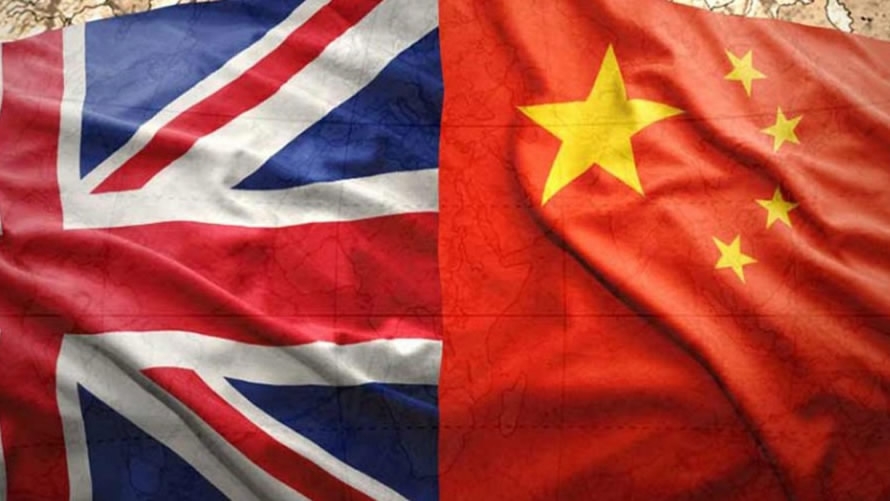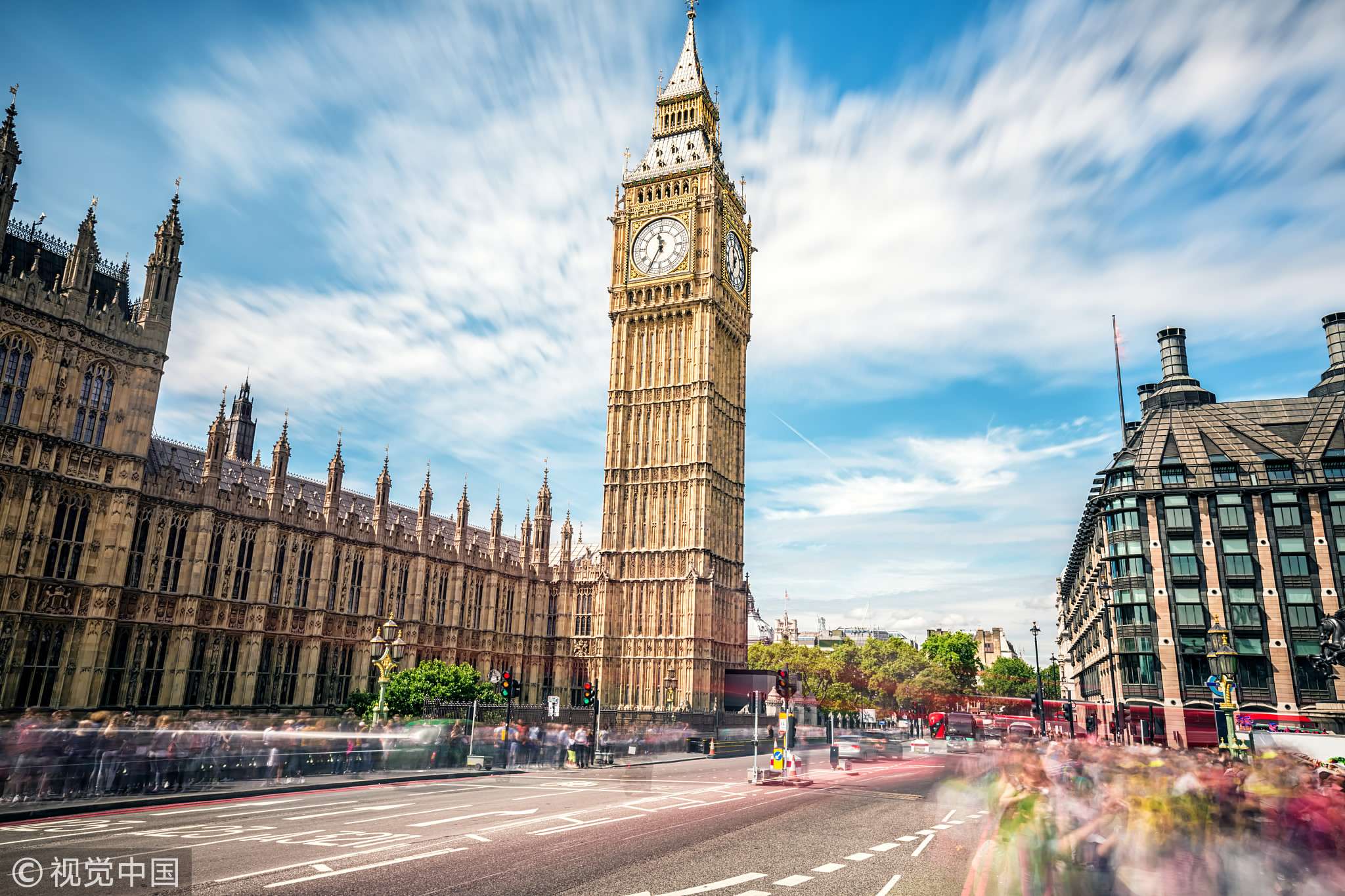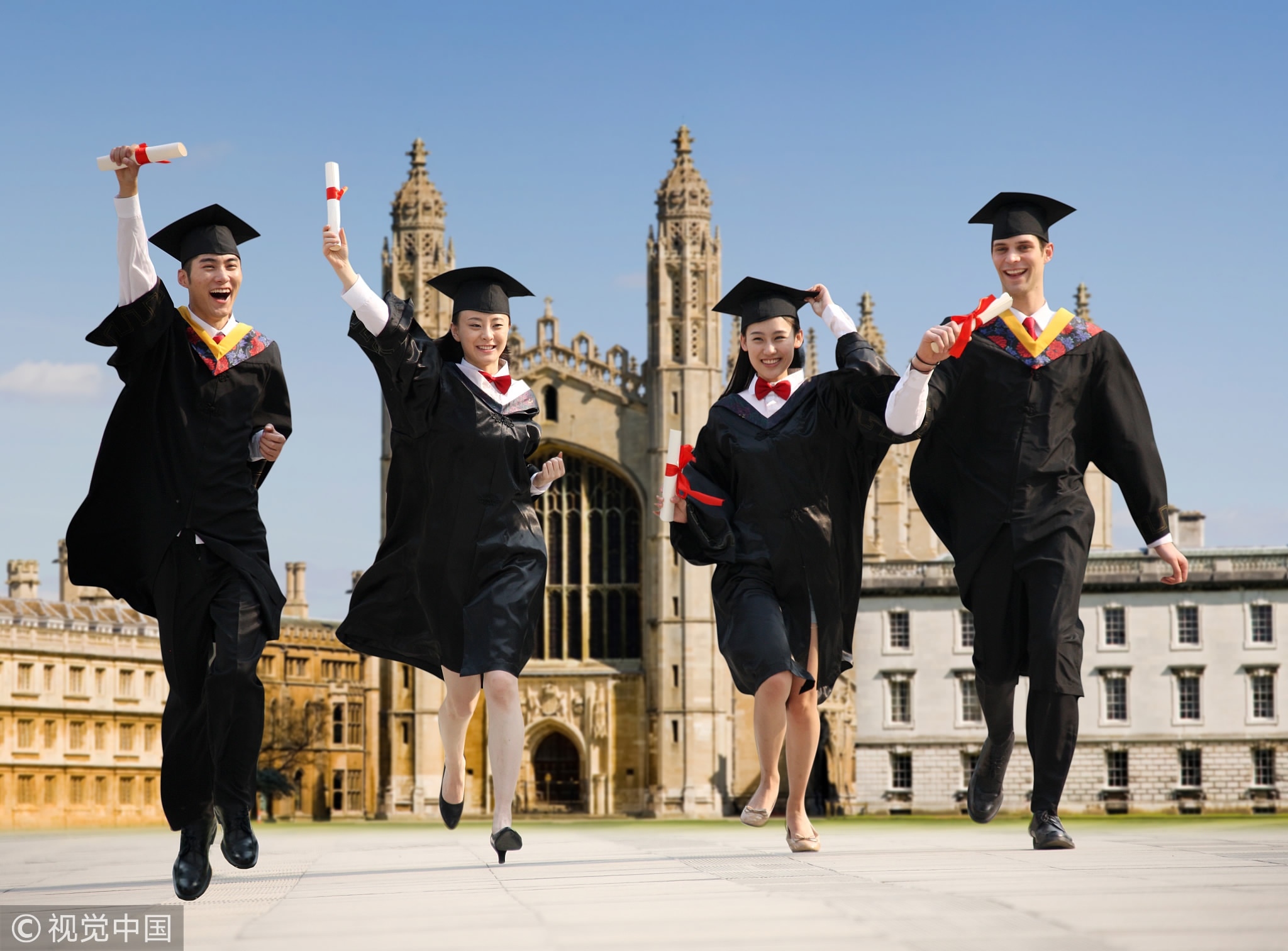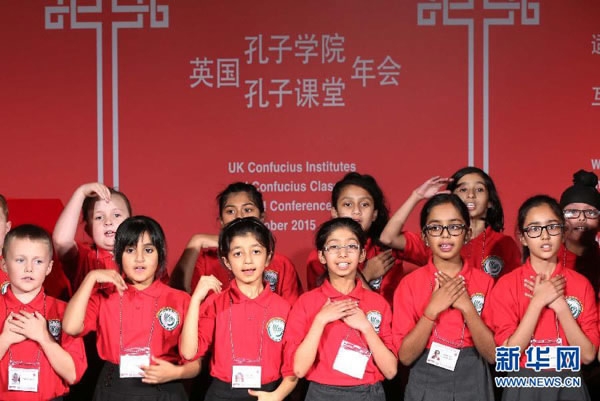
Culture
22:02, 31-Jan-2018
China, UK work together on strengthening cultural ties
By Sun Qingzhao

China-UK friendship is expected to reach higher ground in the New Year, with UK Prime Minister Theresa May's visit to China. And cultural exchanges between the two countries have made great strides in recent years.
Cultural interactions between China and Britain go way back. Confucianism and Taoism left an indelible imprint on the evolution of British culture, and Chinese tea, which the British turned into English tea – sometimes known as Breakfast tea – is now an important part of the British lifestyle. Right now, China and the UK are heading towards a new year of "golden era" relations.
President Xi Jinping made a state visit to the UK in October 2015. The visit focused strongly on the need to strengthen cultural ties between the two nations.

Street view of London /VCG Photo
Street view of London /VCG Photo
2015 was designated the China-UK Year of Cultural Exchange. Many cultural activities were held, showing the Brits the best of Chinese culture, and the artistic talents of young Chinese people.
Meanwhile, Chinese citizens also got a taste of British culture. In 2017, the British Library brought rare original manuscripts, named “Treasures of the British Library”, to China for the first time. The exhibition included works of Shakespeare, Dickens, the Bronte sisters, Wordsworth, Doyle and more.
Each manuscript on display revealed an author who catalyzed their times, shattering the expectations of what one could, or should, do with their prose.

College students celebrate their graduation. /VCG Photo
College students celebrate their graduation. /VCG Photo
This exhibition allowed the Chinese public to engage with the UK’s rich literary heritage as never before.
And Chinese culture is also recognized more and more by British people. One such example is Chinese calligraphy, thanks to the efforts by people like Zhao Yizhou, who is regarded as the finest contemporary Chinese calligrapher living in the UK.
Many of his works have been collected by the British museum and private collectors.
In a recent exhibition in Beijing, Zhao showcased over 20 works of calligraphy, and they were well-received by foreign visitors.
As for tourism, the UK has become a major destination for Chinese tourists. The country came out on top as the most popular European destination for the Chinese in a ranking released by Ctrip.

UK Confucius Institutes conference /Xinhua Photo
UK Confucius Institutes conference /Xinhua Photo
Take London for example – visitor numbers from China to London are expected to reach 330,000 a year by 2025, up from 160,000 in 2016. And the depreciation of the pound is expected to send more Chinese people on shopping sprees in the UK.
In the educational field, the UK ranks first in the number of overseas Chinese students and Confucius Institutes among the EU countries.
Also, more than 600 primary and secondary schools in the UK have opened Chinese language courses, creating a boom for learning Chinese.

SITEMAP
Copyright © 2018 CGTN. Beijing ICP prepared NO.16065310-3
Copyright © 2018 CGTN. Beijing ICP prepared NO.16065310-3